Heavy Ion Beam Mutation Breeding and Bioproduct Development
Mutation breeding by heavy ion beam is a key generic technology that uses medium and high-energy heavy ion beams as mutagens to induce beneficial genetic variations in plants and microorganisms, thereby cultivating new varieties or strains. Characterized by high mutagenesis efficiency, broad mutation spectrum, rapid stabilization of achievements and strong versatility, heavy ion beam mutation breeding provides technical support for germplasm resource innovation and high-value bioproduct development.
Industrialization Foundation
Relying on the Heavy Ion Research Facility in Lanzhou (HIRFL) — Asia’s large-scale cyclotron with the highest energy and the most diverse ion species — the Biophysics Group has integrated the TR4 terminal, which combines real-time beam monitoring and an automated high-efficiency sample exchange system, to build an advanced heavy ion beam mutation breeding platform. It has practiced large-scale and efficient biological breeding for many consecutive years.
To promote the transformation of research achievements, the Kejin Innovation Institute of Heavy Ion Beam Biological Industry in Baiyin was established in 2019. Focusing on mutation breeding, bioproduct R&D and promotion, as well as enterprise incubation, it has built a complete chain of "scientific research platform - technical practice - industrial implementation".
Main products
Through heavy ion beam mutagenesis, a variety of new plant and microbial strains have been cultivated:
1) For food crops: Conventional rice varieties of the "Dongdao 122", "Dongdao 275", "Dongdao 211", "Dongdao 812", "Dongdao 862", "Dongdao 713" and "Dongdao 905", low-cadmium rice "Shaoxiang 100" and "Zhenliangyou 8612", and wheat "Longfu No.2" have been developed. Several varieties have achieved large-scale promotion.
2) For energy crops: Sunflower varieties "Jinkui No.1" and "Jinshangkui No.1", and sweet sorghum "Jintian No.1" have been bred.
3) Other characteristic new varieties include ornamental flower "Donghua xiacao" and medicinal plants Isatis indigotica Fort. "Zhongqing 1";
4) In terms of microorganisms, multiple new strains have been selected: High-yield citric acid-producing strain (Aspergillus niger H4002), high-yield industrial lactic acid-producing strain (Bacillus coagulans 40-5007), Streptomyces avermitilis (AV203), High-yield yeast glucan-producing strain (HGC-100ML), High-efficiency carbon-fixing alkaliphilic salt lake green algae, Cellulase-producing bacteria, Silage fermentation lactic acid bacteria, Intestinal probiotics regulators, etc.
5) Meanwhile, a variety of diversified bioproducts have been developed, including sweet sorghum jam, fructose-glucose syrup, glucan, ethanol, liquor, disinfectants, cellulase, silage inoculants, corn yellow silage fermentants, and probiotic solid beverages.
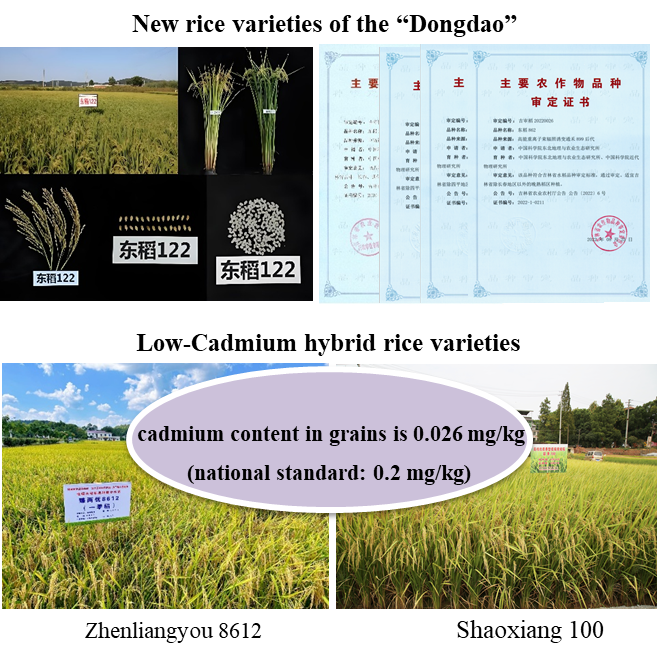
Figure 1. Breeding of new rice varieties
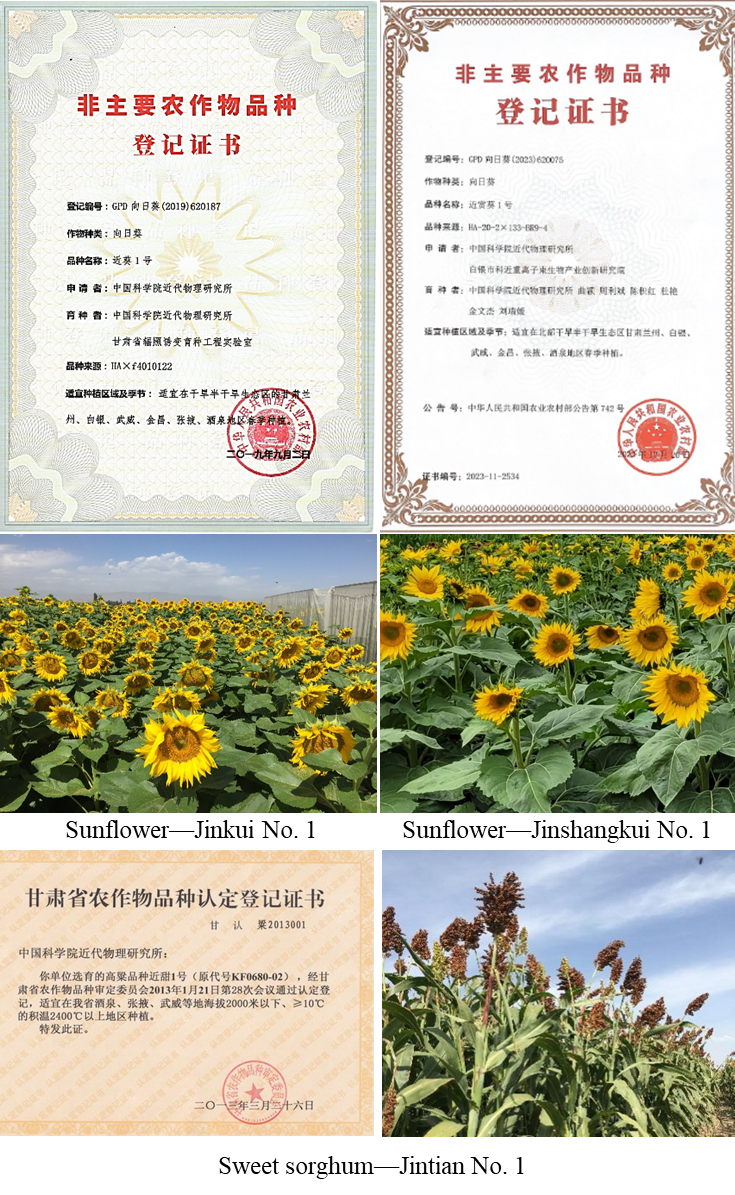
Figure 2. New varieties of energy crops
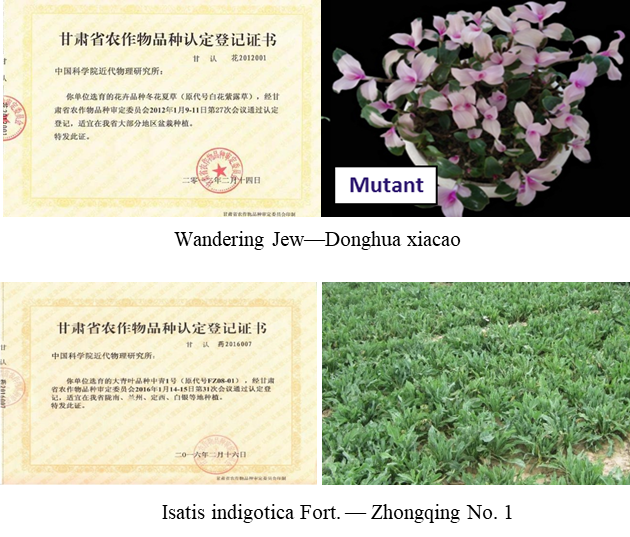
Figure 3. New varieties of other plants
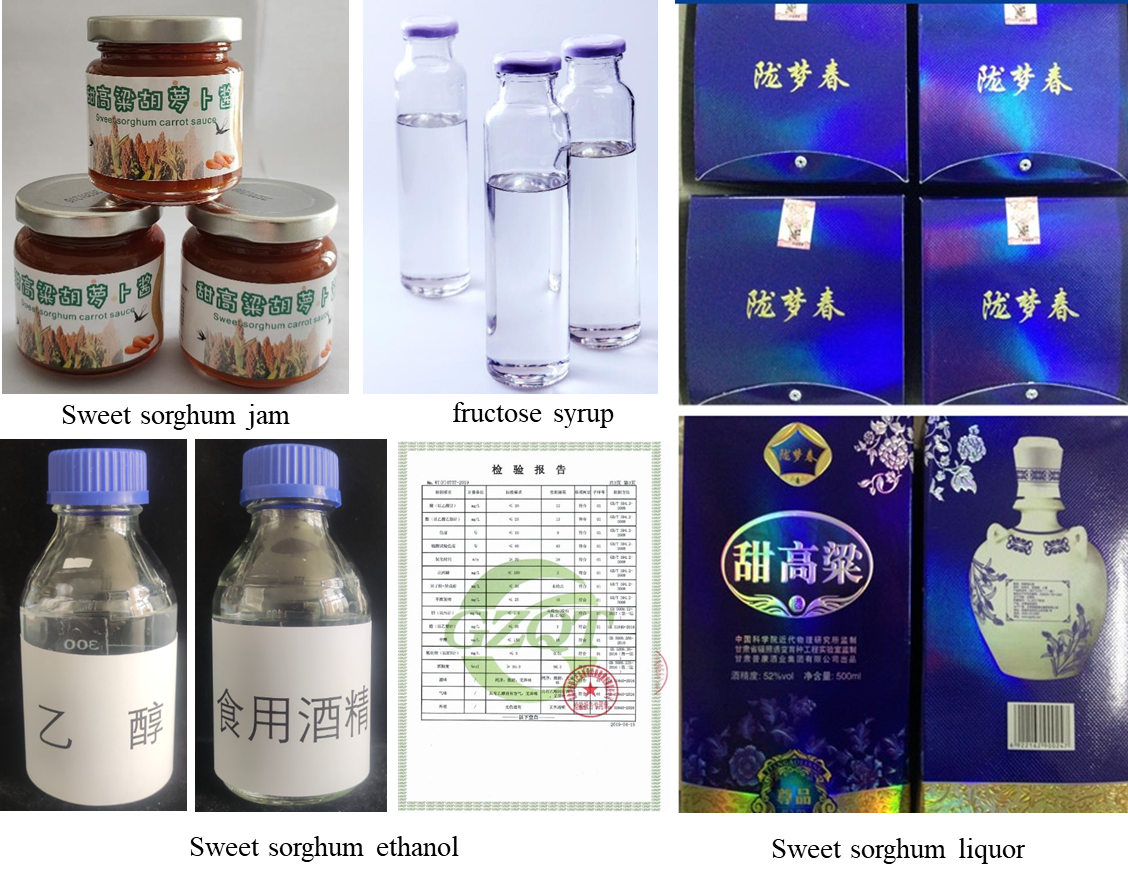
Figure 4. Biological products based on sweet sorghum
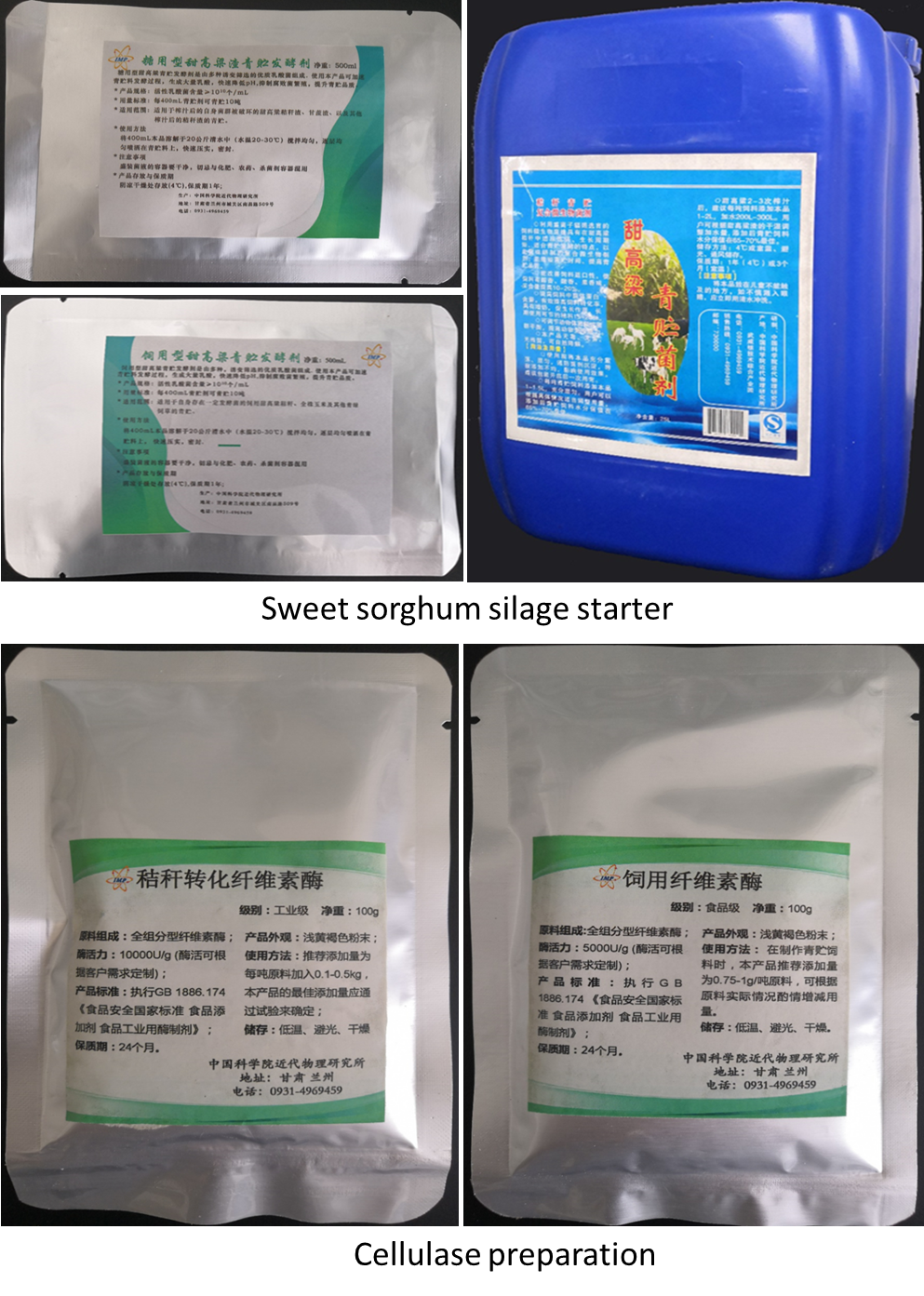
Figure 5. Research and development of microbial-related preparations
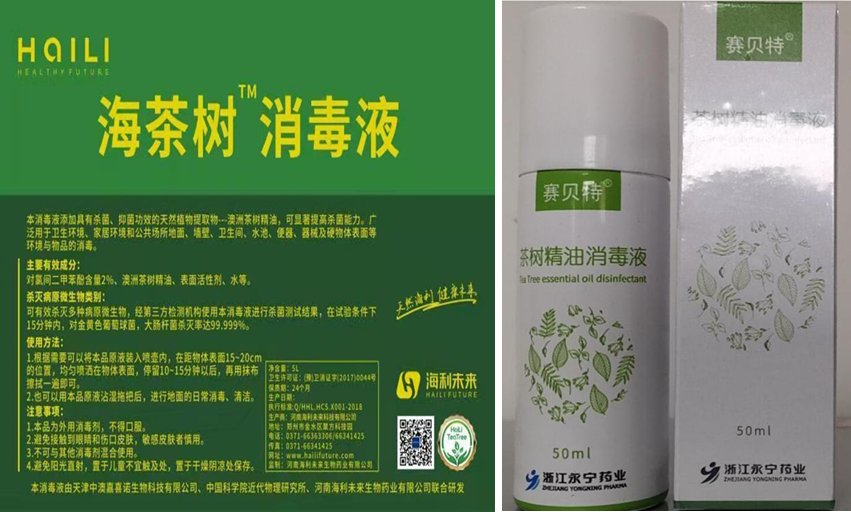
Figure 6. Tea tree essential oil disinfectant
Ongoing research projects
The project of biological germplasm Innovation by high-energy heavy ion beam irradiation and application research is performed in the incubator base of Baiyin High-tech Industrial Park, with a total investment of 10 million Chinese yuan. The project focuses on breeding research of crops, horticultural plants, industrial microorganisms with high-energy heavy ion beam irradiations and developing biological products with high value-added. In addition, new specifications of mutation breeding by high-energy heavy ion beams will be established. So far, we have obtained a series of achievements, including more than 30 new mutants of ornamental sunflower, 2 soybean mutation resource banks, 1 lavender cultivation technique, 1 set of lavender essential oil extraction technique. One strain of L-industrial lactic acid with high yield, two strains of Trichoderma longibrachiatum and Aspergillus Niger producing cellulase, three strains of excellent yeast, one strain of glucan yeast with high yield, sweet sorghum series jam, and one set of sustainable technique for the recovery of sucrose from sugar beet molasses.
Industrialization Demands
We are committed to promoting the application of heavy ion beam mutagenesis technology in biological resources such as food crops, cash crops, horticultural plants and microorganisms, creating new plants and microbial germplasm and new varieties/strains, developing high value-added biological products, and making contributions to the sustainable development of biological industry.

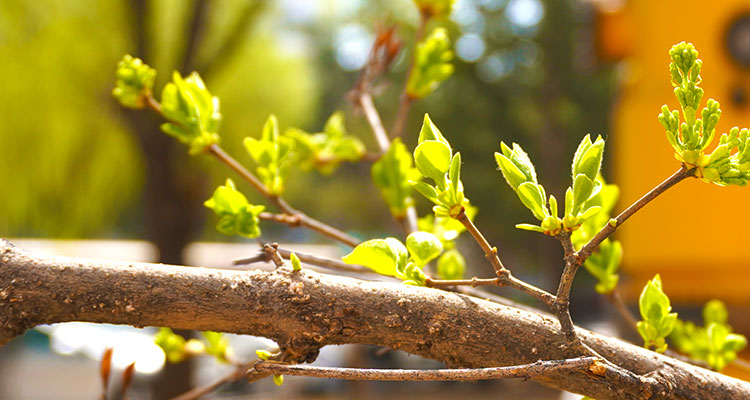

 甘公网安备 62010202000713号
甘公网安备 62010202000713号


